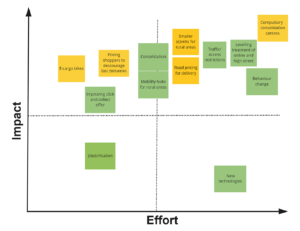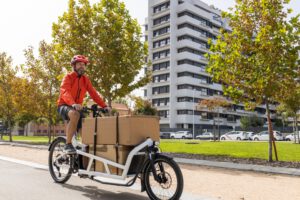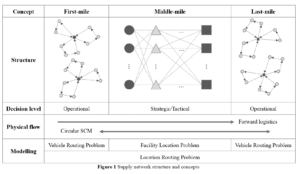Decarbonising parcel deliveries in England: When the national strategy fails to meet local needs and expectations

A new research paper examines the views of 35 local authorities in England on potential solutions for decarbonizing last-mile parcel deliveries, focusing on the perceived challenges and drivers of implementation. Using co-design and participatory methods, the study engaged stakeholders with diverse expertise in a back-casting process to develop actionable strategies for reducing emissions. The proposed …









